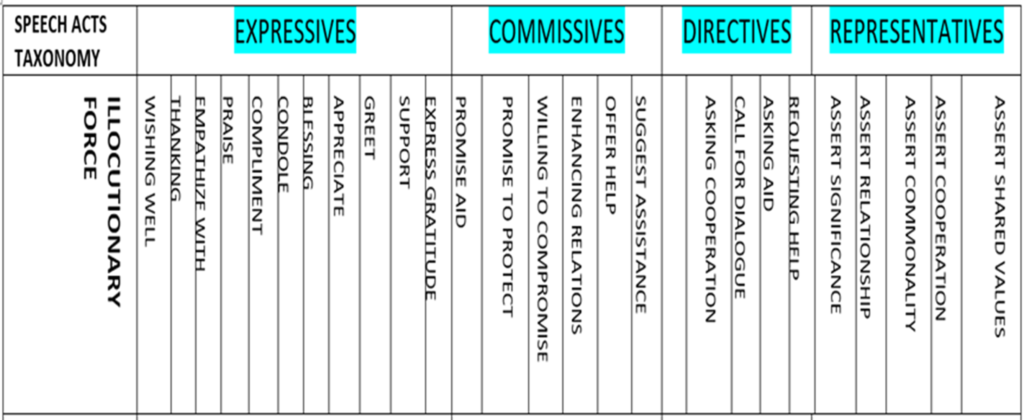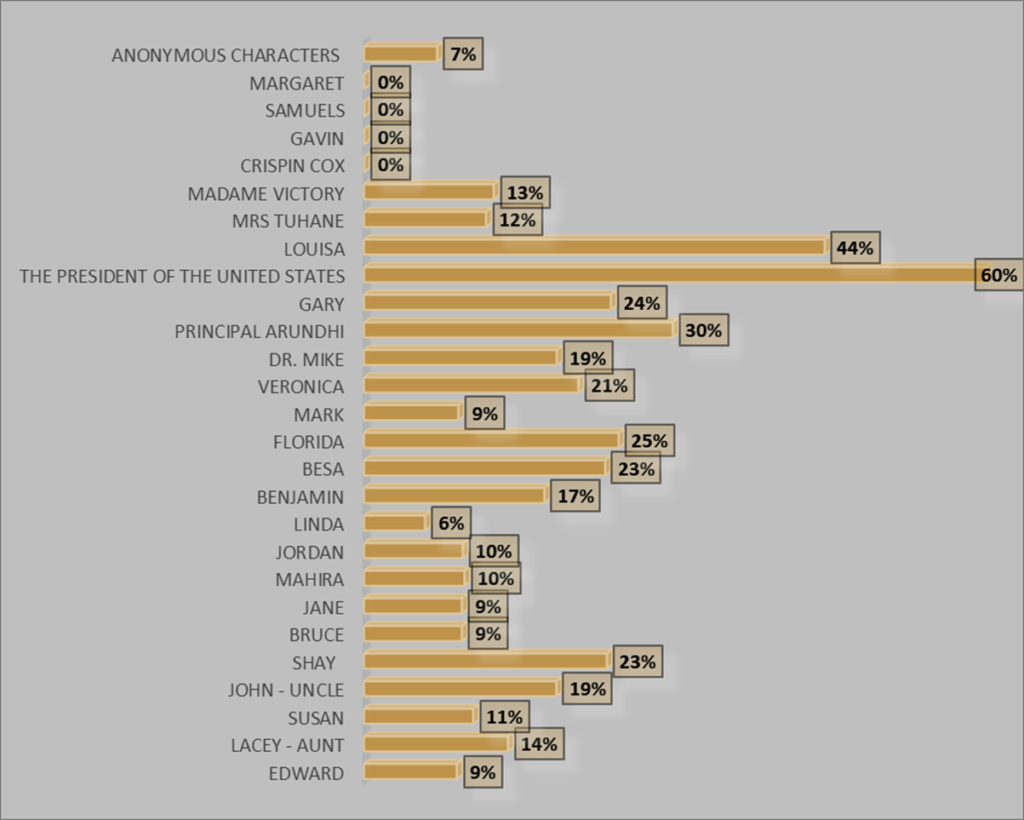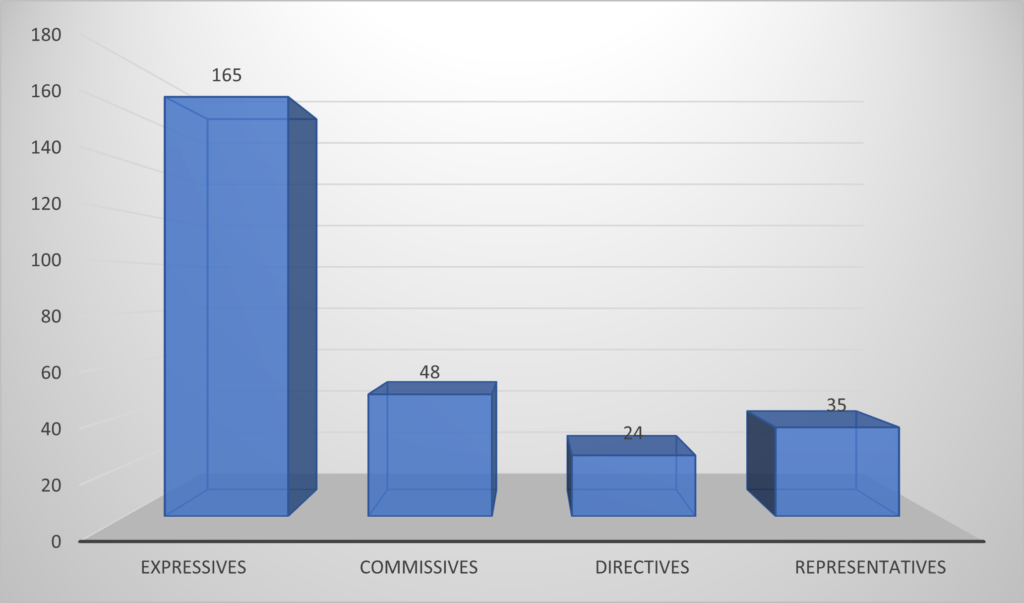Introduction
The aim of this article is to stress the performative nature of solidarity discourse, that is the view of language as a social action based on the premise that the utterances of the speakers perform acts. Literature can successfully create solidarity via the speech acts of literary characters and therefore, has the potential to be utilized as a pedagogic, character-building tool for ethics solidarity education.
Defining “solidarity”
There has been a preponderance of definitions for the term “solidarity” in the body of literature and recently renewed attention to the concept of solidarity is evident (Brunkhorst, 2005; Wilde, 2007; Lesch, 2019; Laitinen, 2014, Kampf, 2016). This is best illustrated by contemporary perspectives such as “is often based on we-thinking, “the target of concern in solidarity can be us together”, solidarity requires a presumption of reciprocity and perhaps shared group membership and behavior according to the norms of a given group”, “solidarity is related to the principles of friendship or national “brotherhood” or sisterhood”, and “solidarity is not mere passive feeling but also includes practical dispositions to act” (Laitinen, 2014, p, 4), “acting out of solidarity requires the presence of attitudes or emotions such as a sense of belonging, concern for the others’ well-being, commitment to shared norms, valuing the social bonds in question or identification with the group” (ibid. p. 6), “the social glue”, or “the cement of the society” (ibid. p. 9).
Conceptualizing speech acts and illocutionary acts
It is worth accentuating the pivotal role of the Speech Acts Theory when analyzing solidarity discourse. This article draws upon Austin’s (1962) Speech Acts theory and Searle’s (1976) taxonomy of illocutionary acts, which proposes that illocutionary acts be classified into five basic categories: representatives, directives, commissives, expressives and declaratives. The term “performative”, “indicates that the issuing of the utterance is the performing of an action-it is not normally thought of as just saying something” (Austin, 1962, pp. 6-7). To illustrate, at the illocutionary level more precisely, speakers can show solidarity by committing themselves to future actions (commissives), making assertions by declaring position status, and ideology (assertives/representatives), or expressing feelings (expressives). In the Austenian sense, language is valorized because language affects the way we see the world as we perform speech acts to change the world. It is the social power of speech acts and how they are used to manipulate or mobilize people to act.
Table 1 Speech Acts taxonomy and their illocutionary force

Significance of teaching speech acts in educational settings
Educators can use literary texts in class that reflect positive discourse as a good model to enact social change via meaningful, motivational, and inspirational discourse. Discourse can be construed as a powerful tool for disseminating solidarity discourse messages (SD), namely messages of hope, encouragement, and strength in challenging times. Literature in education can enhance the ability of students to empathize with a group of characters, and sense messages of emotive speech acts that augment self-reconceptualization, especially in humanitarian crises. An impactful literary work, irrespective of its artistic value can also incite a realistic mindset change. Novels which feature human relationships and modern social issues allow readers to critically examine their own lives and challenge their perception of societal structures and reshape self-identities.
Selected novel “Dear Edward” as a solidarity tool in education
Empathetic solidarity in literature for education has been under-researched. The selected novel for the analysis of the solidarity discourse is Ann Napolitano’s novel “Dear Edward” published in 2020, which has the potential as a textbook to be used in the classroom and inspire students to strive for a better society. It is about a 12-year-old boy named Edward, who miraculously survives a plane crash. Following this sad tragedy, including the loss of his entire family, he must find the strength to rebuild his life. The research presented in this presented in this article examined 1.828 speech acts in total performed by 27 characters including a single separate group of anonymous characters, as they appeared in 310 pages.

Data analysis / Presentation of findings
Quantitative analysis
Figure 1 Solidarity speech acts per character in percentages

Figure 2 Solidarity speech acts frequency and distribution per categories

Qualitative analysis
The following examples demonstrate how the fictional characters in the novel utilized speech acts to create solidarity discourse. The characters in the examples below established a common ground by supporting, expressing gratitude, asserting cooperation, sharing values, asking cooperation, calling for dialogue, offering help, and expressing willingness for protection.
Illustrative examples of expressives
(1) “I wanted to tell you that the whole country is sorry for your loss and that we’re rooting for you to pull through this. We’re rooting for you, son.” (President)
(2) “I’m grateful for you,” (Mark)
Illustrative examples of representatives
(3) “We can do this.” (Florida)
(4) “Humans need community, for our emotional health. We need connection, a sense of belonging. We are not built to thrive in isolation.” (Principal)
Illustrative examples of directives
(5) “Trust me,” (Edward)
(6) “There are four reasons I’m not going through this machine. Would you like to hear them?” (Jordan)
Illustrative examples of commissives
(7) “You all right with this? If you need my help, just let me know.” (Veronica)
(8) “Our job is to protect him.” (John)
Conclusion Dear Edward, is deservedly considered an uplifting novel fostering the power of love, friendship, and communal support in turbulent times of paralyzing grief and pain. It is a book of healing, giving prominence to the value of a binding humanity by establishing multiple layers of solidarity. Recent research seems to corroborate the potentiality of solidarity training as it “will impact the lives of those who make up the school community, producing a change in people and strengthening their sensitivity to Others” (López & Mary, 2012, p. 14). Therefore, it being a thought-provoking book in which the author models a way of good will for the student populace to endorse, it may have the potential to hinder “social pathology” or obstacles to social progress. Schools may stand as the appropriate agent for moral education within which speech acts of solidarity in literature could be incorporated into the curriculum of the twenty-first century classroom. Perhaps the quintessential message of this novel is best reflected in Socrates’s reasoning, the ancient Greek philosopher, who claimed that “the perfect human being is all human beings put together, it is a collective, it is all of us together that make perfection”.

